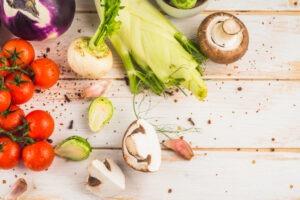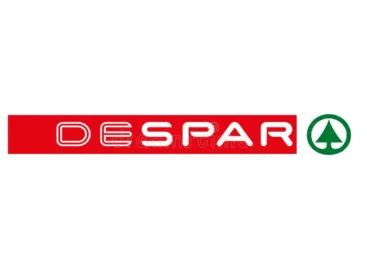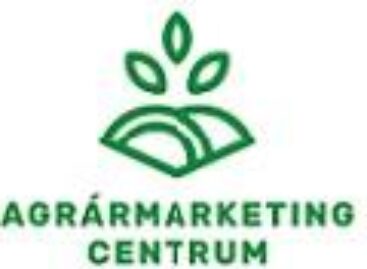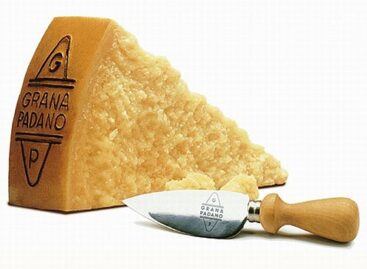Sales Of Italian Organic Products Rise 6% In 2024, Study Finds
Italy’s organic food market generated sales of more than €6.5 billion domestically, representing growth of 5.7% year on year, according to the latest data from the Nomisma Observatory.

Out of this total, at-home consumption of organic food grew by 5.7% in 2024 in Italy, amounting to nearly €5.2 billion, while out-of-home growth slowed during the year to €1.3 billion.
Exports of Italian organic agri-food products reached €3.9 billion, up 7% compared to 2023.
Supermarkets and hypermarkets remained the primary channel for organic sales, exceeding €1.6 billion in the dominant modern distribution sector.
Sales in the overall modern distribution channel – a dominant channel for organic sales – amounted to €3.3 billion in 2024, representing a 5.3% increase year on year and accounting for 64% of total sales for household consumption.
Discount stores saw strong growth in organic sales of nearly €350 million, up 6% year on year, while online sales dipped slightly by 0.4%. Specialised organic stores exceeded €1 billion in sales, witnessing a notable 9% jump.
Key Export Destinations
According to a Nomisma survey of 336 Italian companies, the key export markets for Italian organic products are Germany, France, Scandinavia, Benelux, and the United States.
The future of Italian organic exports appears positive, with roughly a third of non-exporting food and beverage companies planning to enter these markets within the next few years.
Italy is perceived as one of the top producers of quality organic products, with 45% of US consumers associating it with quality.
Interest in Italian organic products among international consumers is high, ranging from 23% in Benelux to 85% in Scandinavian countries.
When buying organic, origin matters most to consumers with nearly half (47%) looking for Italian or local sourcing, while 34% seek PDO/PGI certifications.
Interest in sustainable packaging and plant-based organic products is also on the rise at 20% each. Organic is a key driver for healthy choices, influencing 22% of frequent plant-based product buyers.
Consumers perceive organic as offering the strongest guarantees regarding health (30%), environmental friendliness (24%), and quality (12%).
Nomisma’s Silvia Zucconi noted that organic certification helps Italian companies in international markets, with 40% reporting it significantly boosted their positioning abroad.
Italian origin is another advantage, and a ‘Made in Italy’ organic logo could further assure authenticity and quality, benefiting both domestic (75% of Italians support it) and international consumers.
Related news
Despar Italia realises EUR 1.1bn private label sales in 2025
🎧 Hallgasd a cikket: Lejátszás Szünet Folytatás Leállítás Nyelv: Auto…
Read more >AMC: Hungarian organic products can be presented in Germany
🎧 Hallgasd a cikket: Lejátszás Szünet Folytatás Leállítás Nyelv: Auto…
Read more >Grana Padano Gets €500m Boost For Cheese Production
🎧 Hallgasd a cikket: Lejátszás Szünet Folytatás Leállítás Nyelv: Auto…
Read more >Related news
II. Green Gastronomy – Marketing Communication Workshop organized by the MMSZ HoReCa and Green Section
🎧 Hallgasd a cikket: Lejátszás Szünet Folytatás Leállítás Nyelv: Auto…
Read more >Retail sales of organic products in Hungary increased by 13.9% – our country is the second fastest growing market in the European Union
🎧 Hallgasd a cikket: Lejátszás Szünet Folytatás Leállítás Nyelv: Auto…
Read more >Nearly 140 domestic suppliers, 60% growth – SPAR Regions Treasures program accelerates with AI solutions
🎧 Hallgasd a cikket: Lejátszás Szünet Folytatás Leállítás Nyelv: Auto…
Read more >







